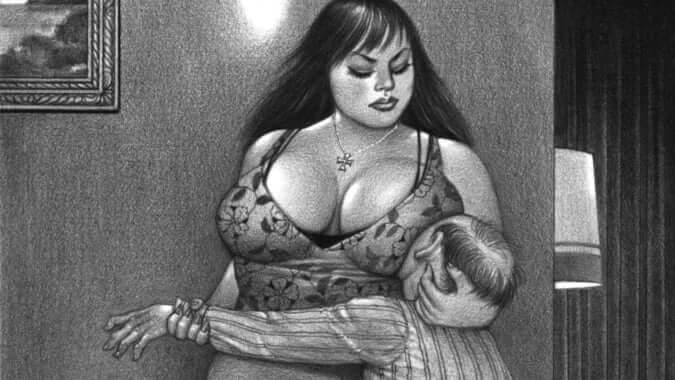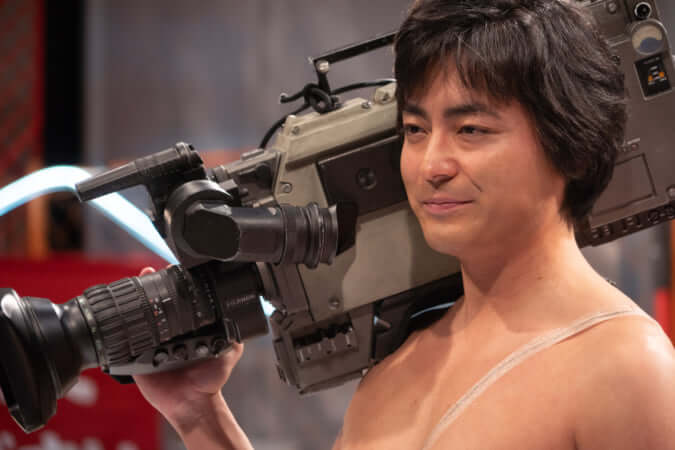Makoto Kubota & The Sunset Gang, The Tropical Escape of Rock’n’Roll
Collaborating with Haruomi Hosono, former Les Rallizes Dénudés member soaks his bluesy guitar with the airs of Hawaii and Okinawa.
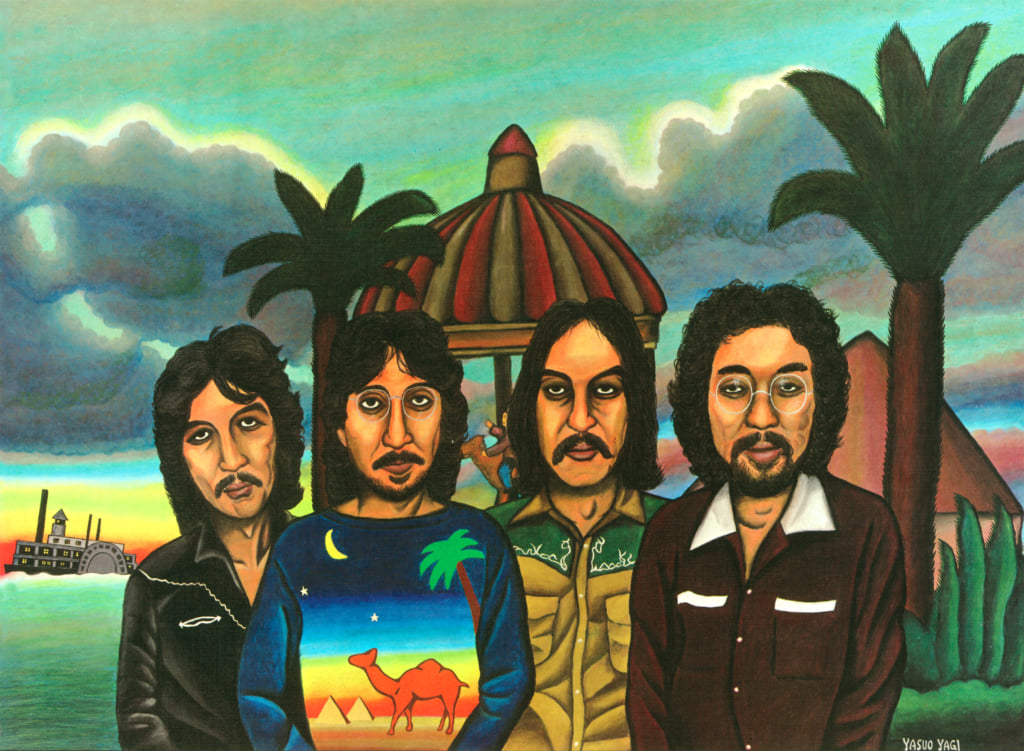
Makoto Kubota, ‘Dixie Fever’ (1977). Courtesy of Wewantsounds.
1975’s Hawaii Champroo opens with ocean waves, drifting along with breezy steel-guitar before transforming into swinging Americana. Songs by The Sunset Gang—the band of Japanese singer, musician and producer Makoto Kubota—move between Hawaiian hula, slack-key blues, Okinawan folk, country and doo-wop, sounding out sun-dappled records enriched by its own cross-cultural pollinations.
Without merely being a campy assemblage, its production aided by J-pop legend Haruomi Hosono imbues his balmy harmonies with additional weight.
Ballads on the Beach
Makoto Kubota began his multi-instrumental career in the Kansai folk scene of the 60s playing bossa and jazz, but was brought into the sounds of underground Rock’n’Roll as a member of the cult-noise-rock band Les Rallizes Dénudés. An equivalent of The Velvet Underground with mythic status, their instrumental passages and guitar feedback may have impacted his career, even though he later returns to the softer acoustic genres that he is widely known for.
While travelling in America with The Sunset Gang, opening for Western artists like Eric Clapton, Talking Heads or the Eurythmics, Makoto Kubota’s highly idiosyncratic career touches international stardom. The music he makes upon returning to Japan soaks up the rebellious airs of 70s America, emulating roots music with self-awareness and instrumental perfection, whilst incorporating a hodgepodge of other influences. In records made with former Yellow Magic Orchestra member Haruomi Hosono as producer—Sunset Gang (1973), Hawaii Champroo (1975) or Dixie Fever (1977), a lot of which was recorded in Honolulu—Hawaiian rhythms gradually takeover Japanese stylings of blues and soul to forge timeless classics.
In 2021, French label Wewantsounds embarked on a re-issue campaign of the Sunset Gang’s records, re-mastering their classic 70s trilogy. Letting Okinawan tides flood over New Orleans, tropical breezes cast over the riot of Japanese rock-n-roll, its atmosphere narrates the trans-pacific migration of musical cultures, and its first ever release outside Japan continues its odyssey.
Sunset Gang (1973), Hawaii Champroo (1975) and Dixie Fever (1977), by Makoto Kubota & The Sunset Gang have been reissued by the label Wewantsounds.
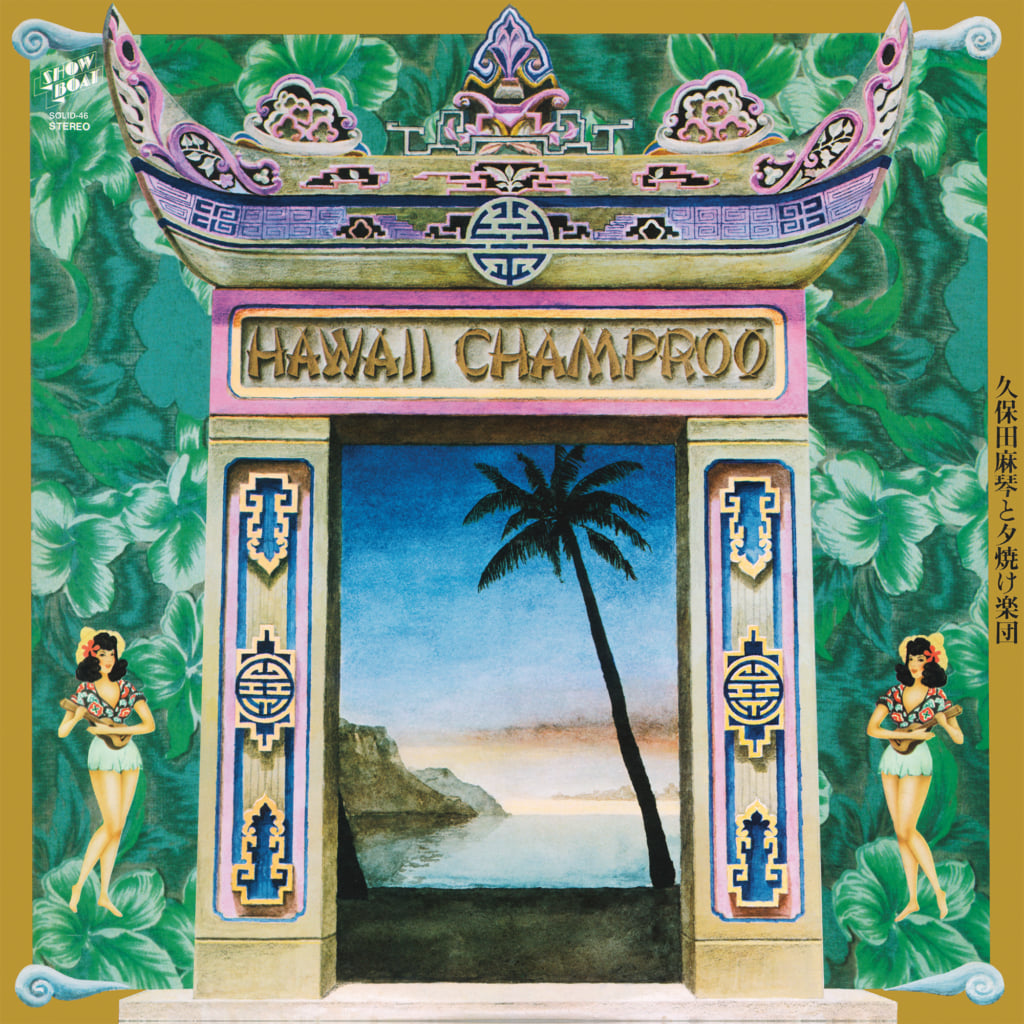
Makoto Kubota, ‘Hawaii Champroo’ (1975). Courtesy of Wewantsounds.
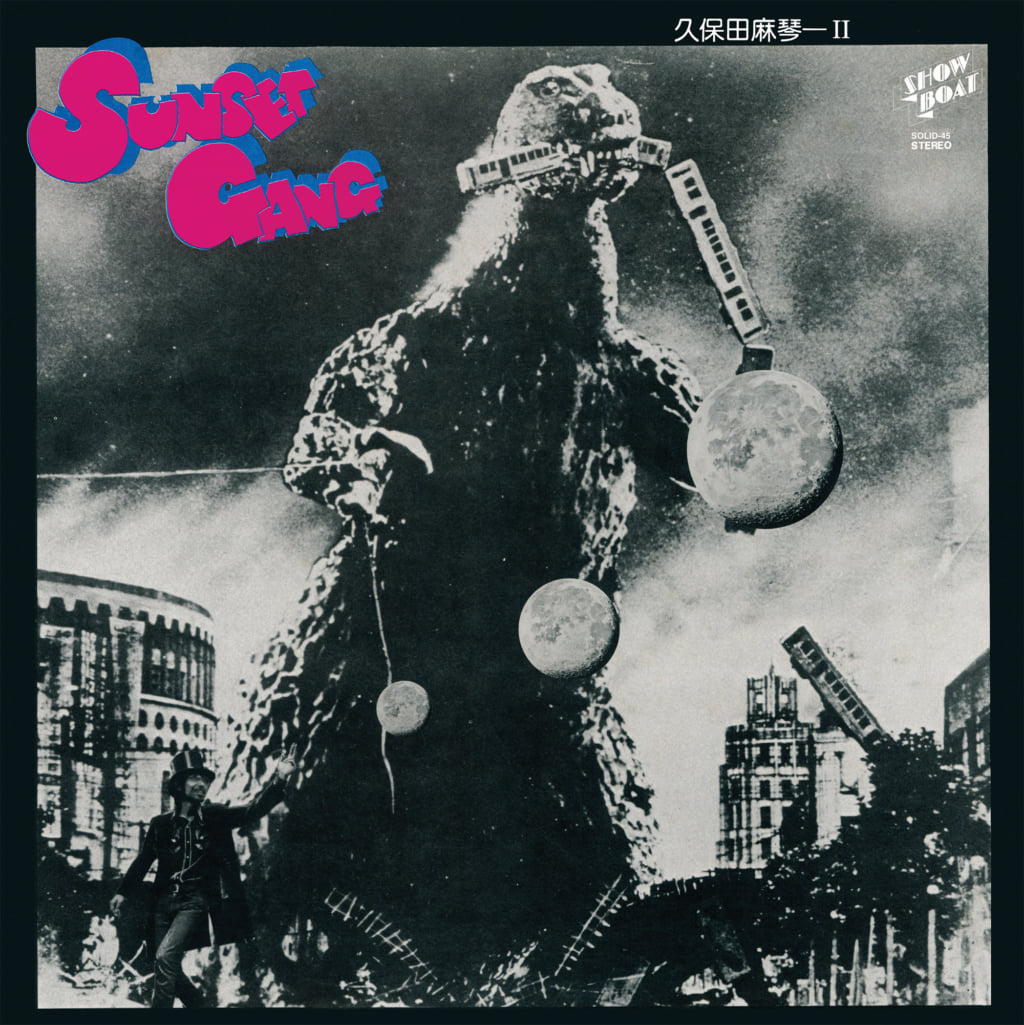
Makoto Kubota, ‘Sunset Gang’ (1973). Courtesy of Wewantsounds.
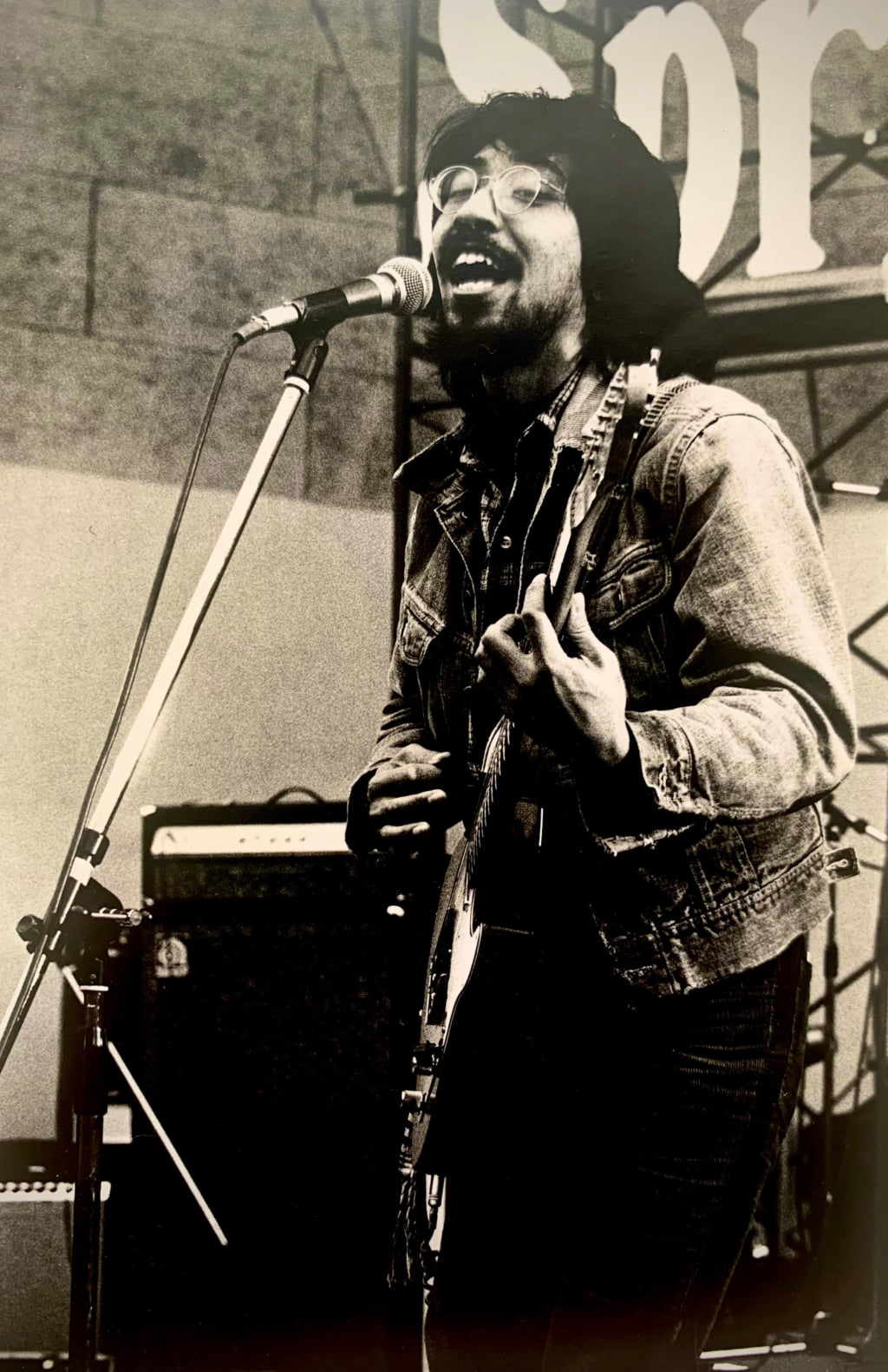
Makoto Kubota. Courtesy of Wewantsounds.
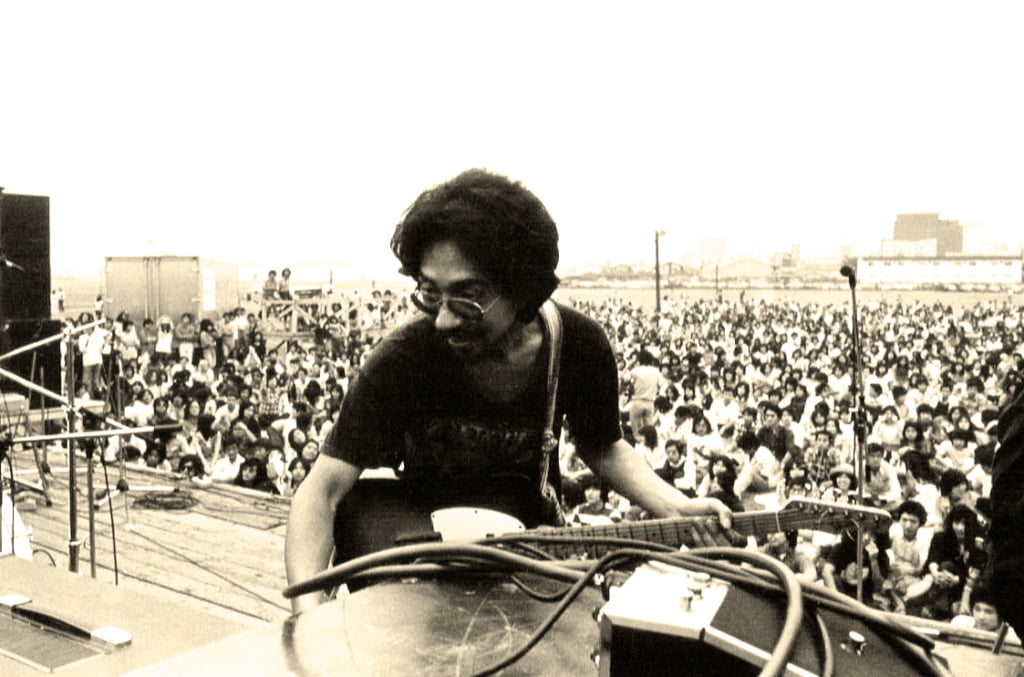
Makoto Kubota. Courtesy of Wewantsounds.
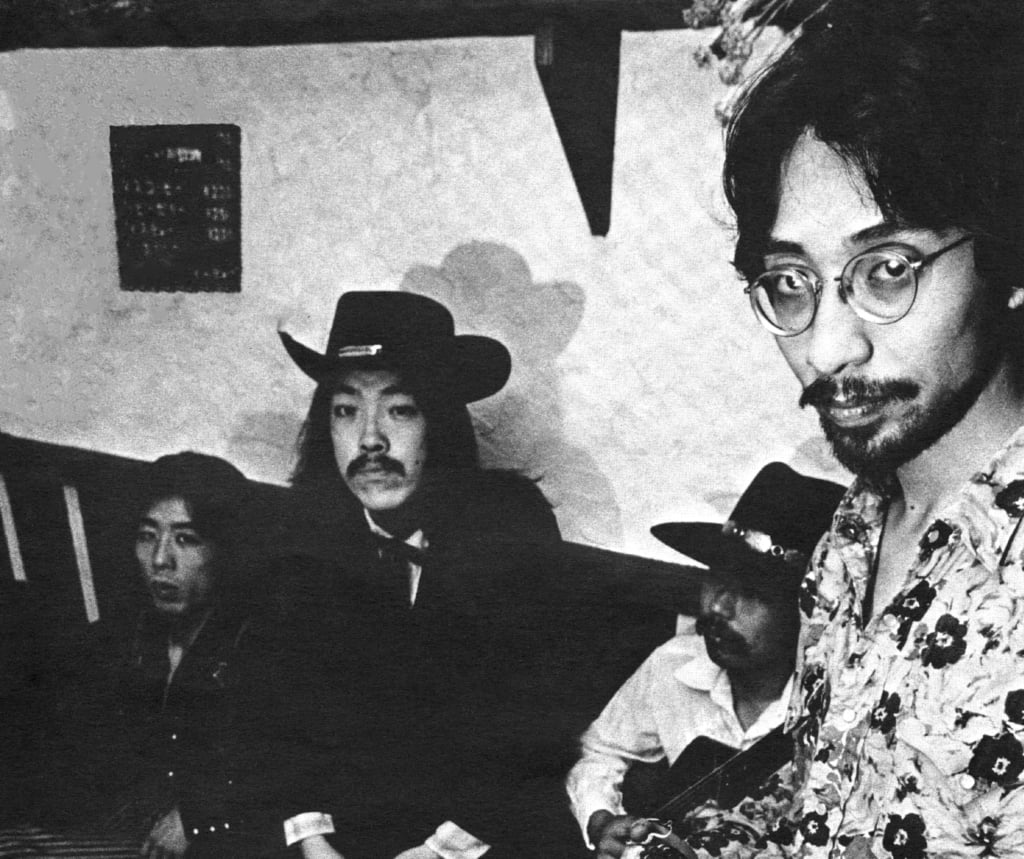
Makoto Kubota & The Sunset Gang. Courtesy of Wewantsounds.
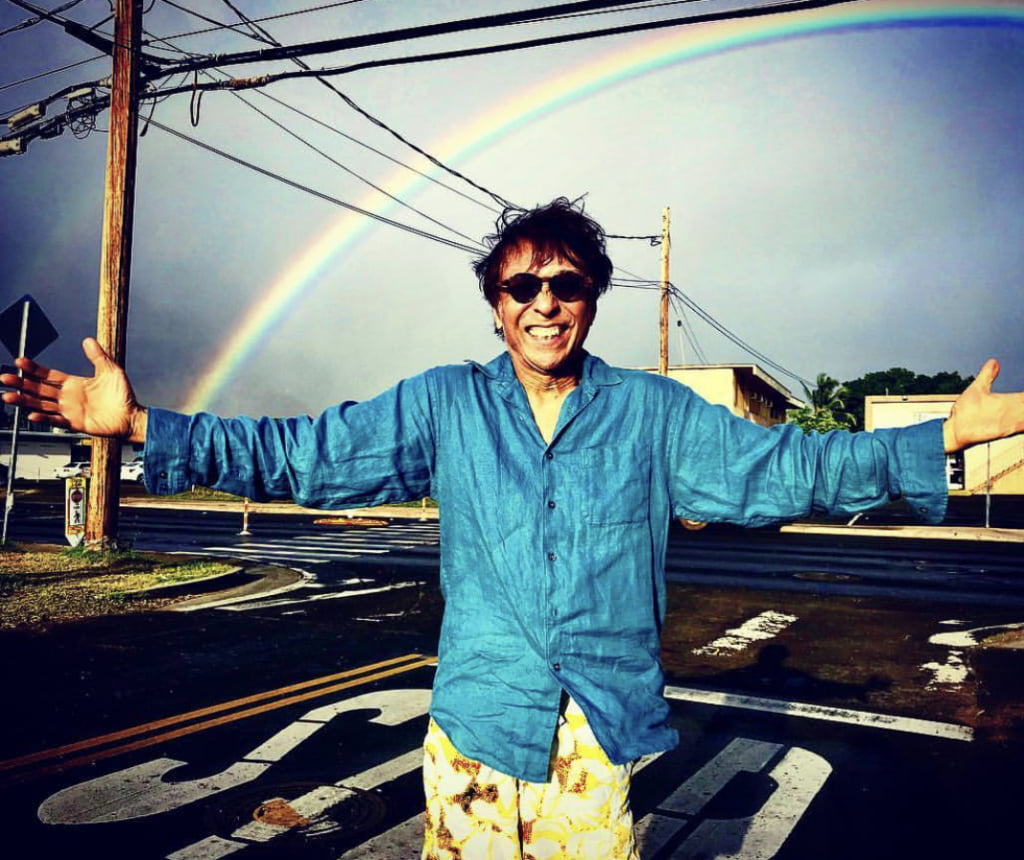
Makoto Kubota. Courtesy of Wewantsounds.
TRENDING
-
Ishiuchi Miyako, A Singular Perspective on Women
Recipient of the 2024 Women in Motion Award, the photographer creates intimate portraits of women through the objects they left behind.

-
Recipe for Ichiraku Ramen from ‘Naruto’ by Danielle Baghernejad
Taken from the popular manga with the character of the same name who loves ramen, this dish is named after the hero's favourite restaurant.

-
Namio Harukawa, Master of Japanese SM Art
'Garden of Domina' offers a dive into the world of an icon of ‘oshiri’, whose work has now reached a global audience.

-
The Tattoos that Marked the Criminals of the Edo Period
Traditional tattoos were strong signifiers; murderers had head tattoos, while theft might result in an arm tattoo.

-
The Emperor of Japanese Porn is Now the Star of a Netflix Series
Deliciously funny, The Naked Director especially succeeds in reviving the atmosphere that was so characteristic of 1980s Japan.



